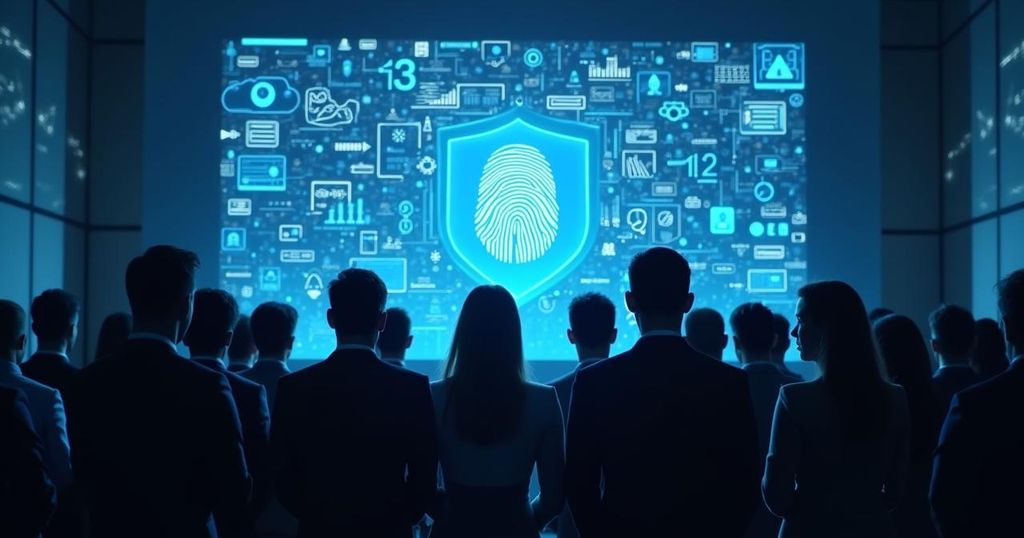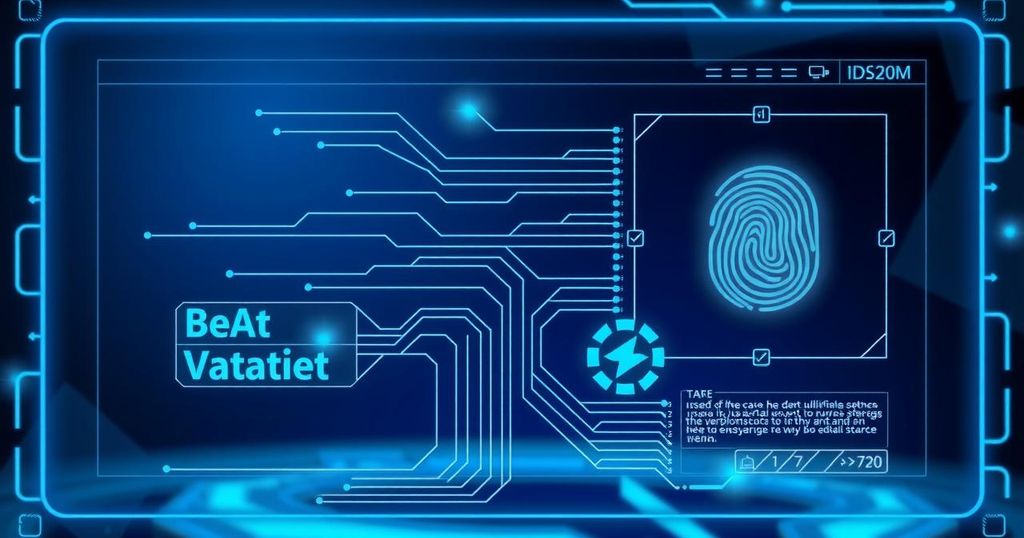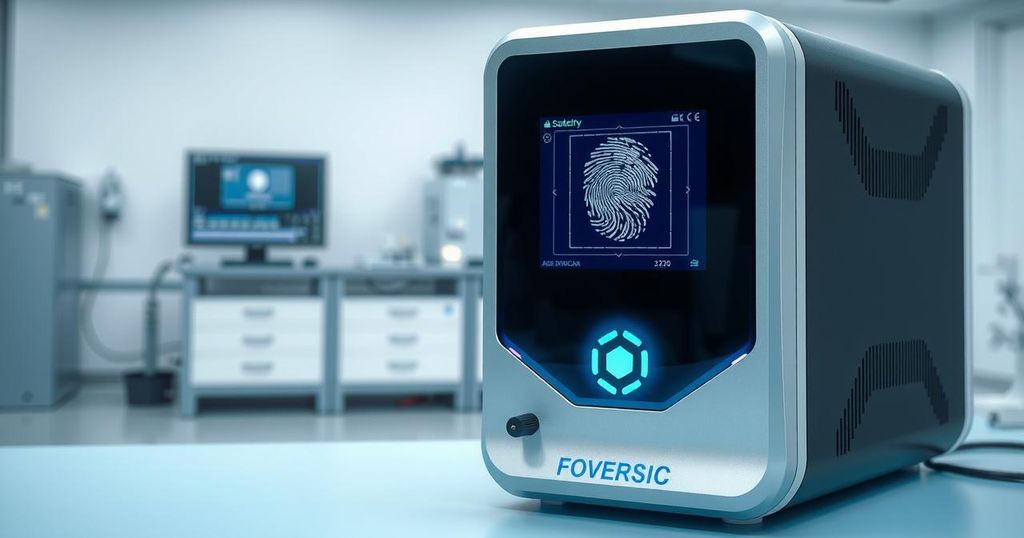Kephart Consulting, LLC has filed patent infringement lawsuits against Clearview AI and AxxonSoft, claiming they violated its patents covering techniques for event security using facial recognition and license plate capture. The lawsuits highlight the innovative aspects of real-time biometric identification and contrast this with traditional reactive security methods.
Clearview AI and AxxonSoft face patent infringement lawsuits filed by Kephart Consulting, LLC, alleging violations related to their facial recognition technologies. The lawsuits point to Kephart’s U.S. Patent No. 10,796,137, which details a method for enhancing security by capturing vehicle license plates and facial images entering a venue, enabling matching against a predetermined watchlist. The lawsuits emphasize that the technology includes identifying individuals committing violent acts through facial recognition. AxxonSoft is accused of infringing on this same patent as well as U.S. Patent No. 10,248,849, which similarly outlines security techniques that broadly apply beyond event monitoring. Both patents, filed in 2017 and 2019, feature identical abstracts, though their scope differs slightly. Despite this, the novelty of their claims remains ambiguous, especially considering the use of live facial recognition technology in major events like Super Bowl XXXV in 2001. In its complaint, Kephart Consulting asserts that real-time facial recognition technology for crowded venues was made possible only by the innovations described in its patents, distinguishing them from previous reactive security measures. Notably, Kephart identifies itself as a non-practicing entity, having not marketed any products based on these patents.
Facial recognition technology has been increasingly integrated into security systems, with applications ranging from event security to general surveillance. Intellectual property (IP) protection is critical in this evolving field, as companies seek to protect their innovations from infringement. Patent lawsuits often arise when companies believe their patented technologies are being utilized without permission, leading to significant legal battles over the originality and rights associated with specific methods. Kephart Consulting’s patents focus on the proactive capture and identification of potential threats before incidents occur, marking a strategic innovation compared to traditional security, which tends to react only post-event.
The lawsuits against Clearview AI and AxxonSoft bring to the forefront issues of intellectual property protection in the rapidly advancing field of biometric security technology. Kephart Consulting alleges that both companies infringed on its patents, which cover methods for enhancing security through facial recognition and license plate capture. As the legal proceedings unfold, they may have broader implications for the industry regarding the validity and scope of biometrics patents, especially in light of existing technologies that precede these claims.
Original Source: www.biometricupdate.com






